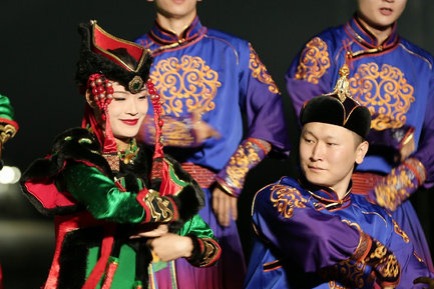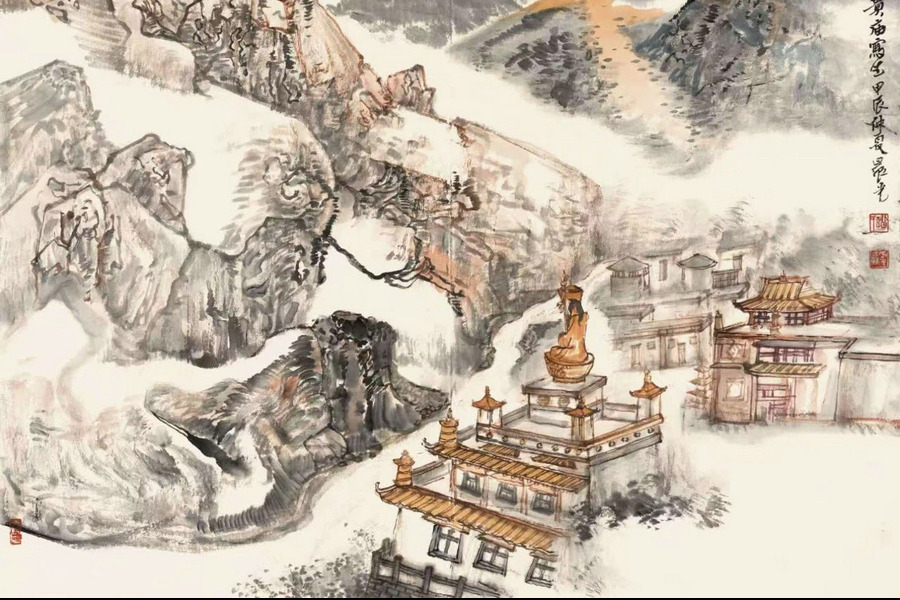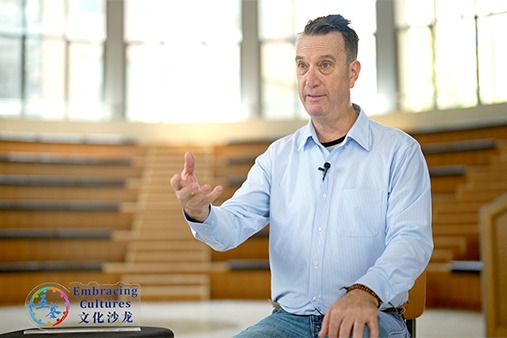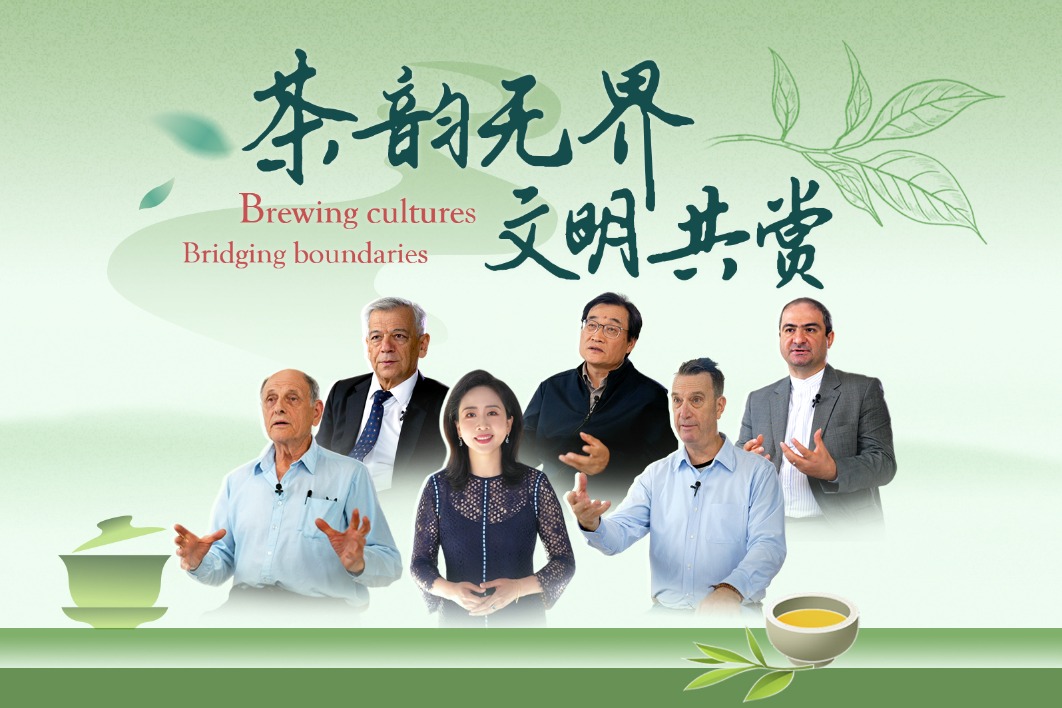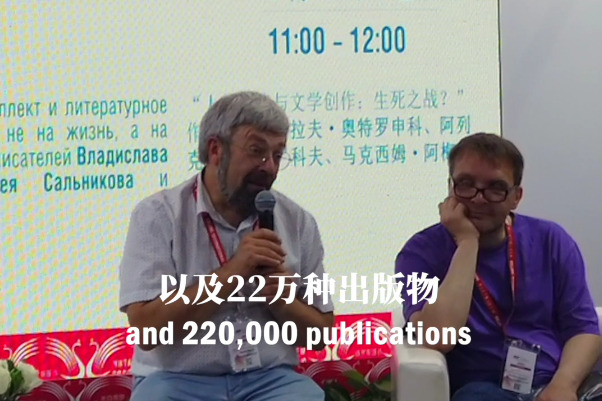AI is bringing revolutionary changes to publishing

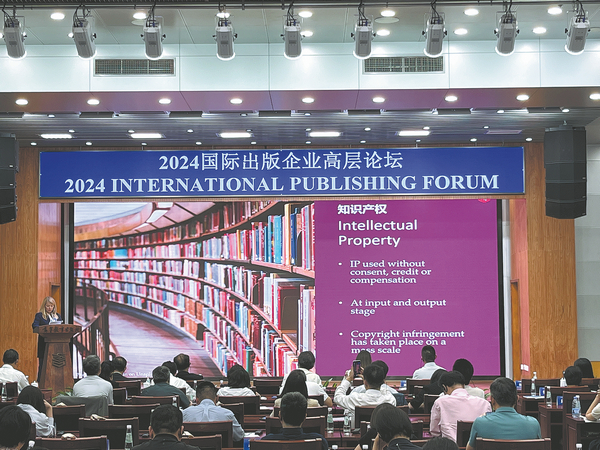
"Of course, many issues remain unclear and need further observation. Whether we embrace or wrestle with digital intelligence, what we change, what we let go of and what we gain are all questions we must consider and plan for," he says.
It has been proven that each scientific and technological progress brings about revolutionary changes in the patterns of cultural development and modes of dissemination, which means "the publishing industry will have a bright future as long as we keep pace with the times", says Wu Shulin, chairman of the Publishers Association of China.
"High-quality content and advanced dissemination technologies are two important levers for promoting the prosperity of international publishing," Wu says.
For Liu Chao, president of one of the leading education publishers, Higher Education Press, the current generation of technologies, represented by generative AI, deeply impacts the education and publishing industries.
"Overall, we believe that AI technology presents more opportunities than challenges for education, but for the traditional content industry of publishing, it poses more challenges than opportunities," he says.
To confront such situations, HEP began cooperating with digital and AI research institutions in 2023, applying intelligent proofreading to the whole editing process, Liu says.
"This year, there will be many textbooks empowered by AI," he says.
As a significant part of the industry, educational publishing plays a crucial role in society, especially in addressing major challenges people face globally, says Karine Pansa, president of the International Publishers Association.
At the policy level, access must be enhanced to open educational resources and address issues related to copyright protection for these resources to give wider access to more teachers, Pansa says.
However, people also need to reflect on digitalization and artificial intelligence, especially regarding copyright protection, she says.
Some reports show that many unauthorized books are used to train generative AI without paying the copyright owners, which should not be the basis of advancement. It is not sustainable for the market, she says.
Catriona Stevenson, general counsel and deputy CEO of the Publishers Association, shares the same vision, saying that AI presents a tremendous opportunity for the industry, but it can also be a threat.




















